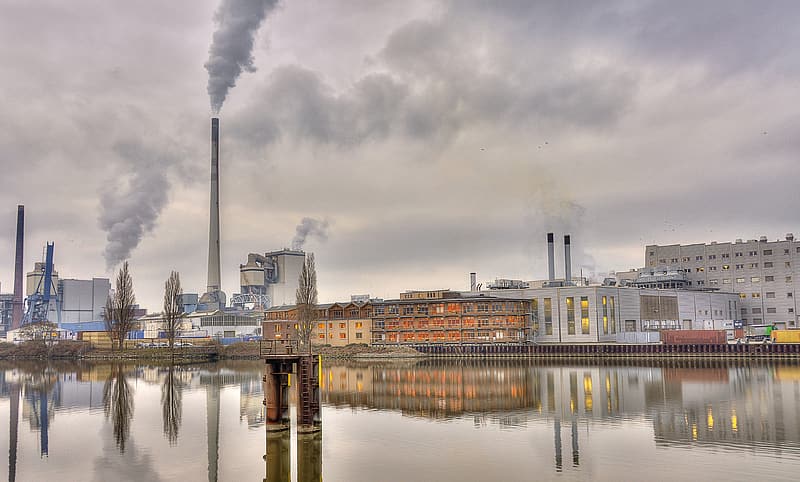Despite the Negative Impacts, COVID-19 has also Drastically Improved the Environment
Opinion
Courtesy of Pikrepo
COVID-19 has caused pain around the world but conversely, has also helped the environment. The air has cleared in many places such as the US and China and animals are living healthier than they have been in recent years.
September 14, 2020
Ever since the global pandemic, COVID-19, there have been drastic indirect changes within the air. With motor vehicles, power plants, and other facilities slowing to a halt, the greenhouse gases they emit are decreasing rapidly. The top two countries with extreme carbon emission globally are the U.S.and China, which are also the top two countries being affected the most by this illness. It is important that as a society we focus on the benefits of this pandemic crisis as well as the negative outcomes.
The stay-at-home orders issued have resulted in a trend of remote work. This means less paper is being printed throughout offices, schools, and businesses due to the online systems. With the lack of tourists and gatherings, the amount of global traffic has dropped. The amount of coal consumption in China has decreased to only 30% of its original use. Carbon dioxide, nitrogen gases, methane emissions, and ozone formations have diminished as well. Air pollution has especially dropped in Europe, Asia, and Africa. This interactive map lets you explore changes in the air globally. Some climate specialists think that greenhouse gas emissions could drop to levels never seen since World War II. The article, indirect effects of COVID-19, talks more about the percentages and gas levels released since the pandemic.
These factors are important, and there are many health benefits that follow. As of April, specialists say the improved air qualities could have saved up to 4000 children under the age of five from health related deaths. This article, How Corona has impacted the environment shows more statistics on health and other factors. The emissions are believed to cause many respiratory illnesses like asthma, rhinosinusitis, and tract infections. In addition, the World Health Organization stated that air pollution contributes to almost 8% of human fatalities. 7 Ways that COVID-19 is affecting the environment goes more in depth on the effects of declining air emissions.
Unwanted noise caused by commercial/industrial activities has also become less of a problem. Before, this was corrupting the natural habitats of many ecosystems. For example, industrial workshops and generators created unpleasant sounds confusing and scaring animals.
Many of these positive changes are major setbacks due to circumstance. Problems with emissions are expected to return back to their original state. Global temperatures will continue to rise. However, many environmental campaigners are pushing for less of these harmful emissions to be released into the air yearly, thus slowing down these processes. Environmental impacts of coronavirus crisis talks more about the need to take action even after the pandemic.



